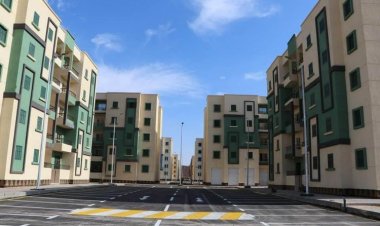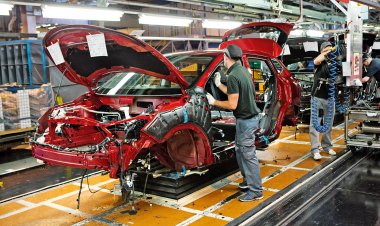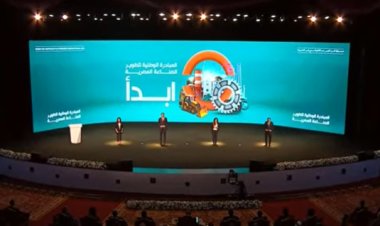History of economic relations between Saudi Arabia and Latvia
2023 saw strong GDP growth, largely driven by consumption. Latvia also benefits from a significant amount of support from the EU's Cohesion Fund, worth $4.5 billion over the period from 2021 to 2027, which is about 1.4 percent of GDP annually on average.
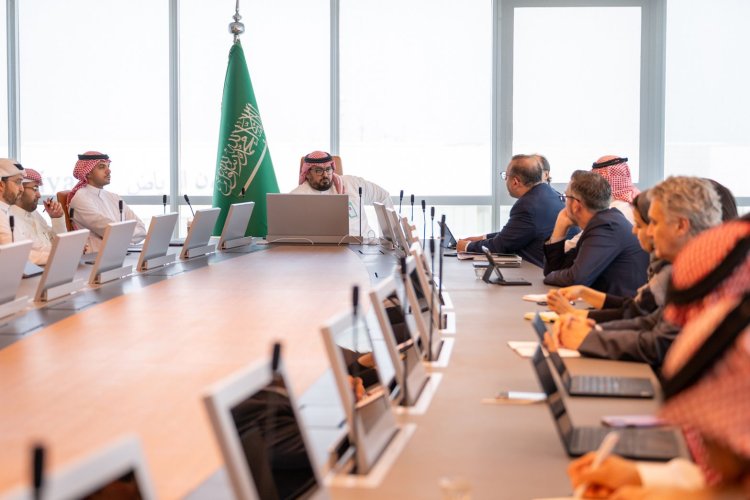
The Latvian delegation that attended the Saudi-Latvian Business Forum last week was interested in a much broader range of industries.
The business delegation was much larger, and the companies were from various sectors including biomedicine, pharmacy, and medical equipment. There was also significant representation of construction, ICT and creative industries.
Commercial delegation in 2021
In 2021, Khaled Al-Yahya, Secretary General of the Federation of Saudi Chambers at the time, welcomed an official trade delegation from Latvia to discuss developing mechanisms for exchanging investment opportunities through private sector institutions, and increasing the number of mutual trade and trade delegations.
Officials also traveled from Riga to Riyadh in February of this year to attend the second LEAP conference, an annual technology event founded in 2022 by the Saudi Ministry of Communications and Information Technology, the Saudi Federation for Cybersecurity, Programming and Drones, and event organizer.
Economy in 2022
In 2022, the Latvian economy, like many countries across Europe, was still emerging from the turmoil caused by the COVID-19 pandemic when it suffered a new blow from rising inflation on the back of Russia's invasion of Ukraine in February of that year.
GDP growth in 2021
2023 saw strong GDP growth, largely driven by consumption. Latvia also benefits from a significant amount of support from the EU's Cohesion Fund, worth $4.5 billion over the period from 2021 to 2027, which is about 1.4 percent of GDP annually on average.
With increased business confidence, Latvian companies have shown their willingness to establish their presence in Saudi Arabia, seeing it as a high priority market in the GCC region.
They are also eager to cooperate with their Saudi counterparts to help them expand in Europe by taking advantage of Latvia's strategic location, EU membership and strong logistical infrastructure.
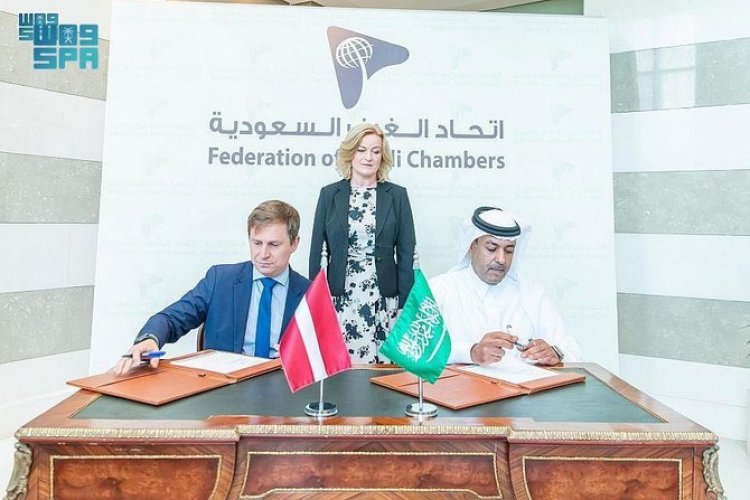
European Union markets
Although Latvia is a small country, it has "very strong access" to EU markets, which makes it an ideal partner for outside investors, she said. "We are famous for our three ports and our international airport," she added.
Asked about specific strategies to strengthen relations between Saudi Arabia and Latvia, Ilze Endriksson, Minister of Economy of Latvia, said. Highlight the role of the Latvian Investment and Development Agency, which is actively working in the region.
She said her government plans to organize trade missions, disseminate information about private business and investment regulations, and promote some of the most developed sectors in her country, such as pharmaceuticals.
Trade and investment
She added that education and information exchange are vital to enhancing cooperation between the two countries.
Describing the latest agreement as a catalyst, Andrekson said she was optimistic about the prospects for more trade and investment.
Andreksson said her country has built a reputation as a friend to investors and start-ups. Latvia's well-established business ecosystem and SEZs, in particular, have attracted interest from around the world, she said.
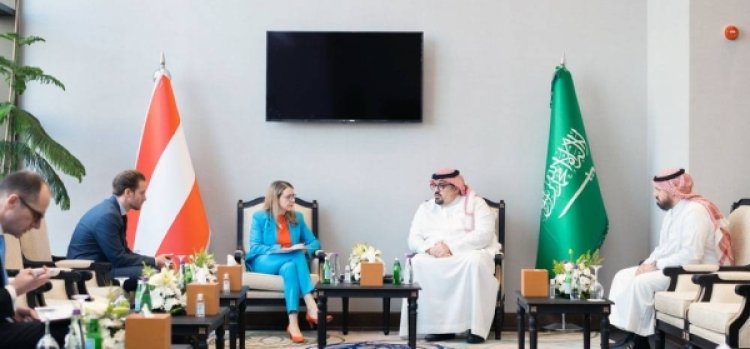
Green channel
Another development is Latvia's "Green Channel" initiative, which offers effective tools to foreign companies operating in bureaucratic spaces, and provides the education and support needed to help companies grow.
The main purpose of the initiative, launched by the Ministry of Economy and the Investment and Development Agency of Latvia, is to reduce administrative burdens for investments with high added value.
Priority sectors
Priority sectors include ICT, bioeconomics, smart materials, photonics, biomedicine, and smart energy, as well as construction, transportation, and logistics associated with these smart industries.
“We have developed (the initiative) Green Channel, which attracts a lot of investors from different countries, especially the United States, Scandinavia and Europe, and they value it” for its speed and efficiency, said Andrekson.
Saudi companies are now well positioned to take advantage as well, facilitating their access to European markets.
Andreksson said that a Saudi delegation plans to visit Latvia in July to follow developments in the Riyadh forum and take steps to establish a business council to deepen cooperation.


 Shrouq
Shrouq 







